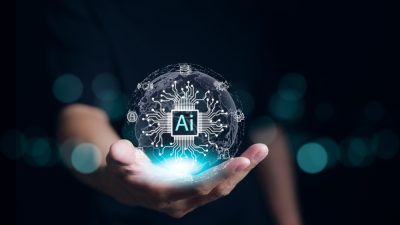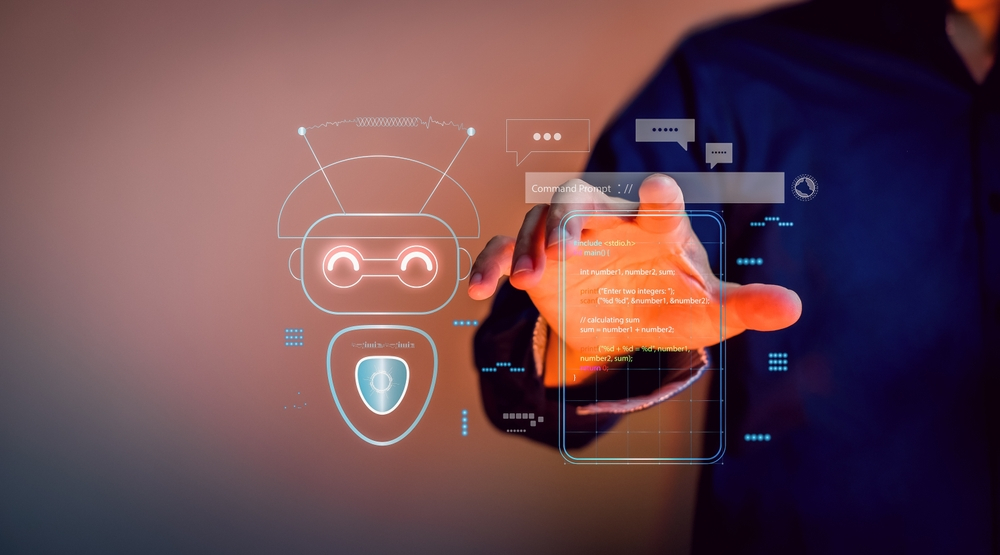Highlights:
- The blog post by xAI revealed that Grok is driven by a large language model known as Grok-1, asserting its superiority over OpenAI LP’s GPT-3.5 in various benchmarks, including middle-school math problem-solving.
Elon Musk’s AI startup, xAI Corp., unveiled its first generative AI chatbot, Grok. This AI chatbot, taking inspiration from “The Hitchhiker’s Guide to the Galaxy,” is known for being distinctive and rebellious.
As Tesla Corp.’s CEO and X Corp.’s owner, the tech entrepreneur issued a cautionary statement last week, emphasizing that AI is “one of the biggest threats to humanity.” Nonetheless, this hasn’t deterred his engagement in the field. Unveiling Grok through a sequence of tweets on Saturday, he announced its upcoming availability to premium subscribers of the X social media platform.
Musk also showcased the playful side of Grok by sharing its response to an inquiry that asked for a step-by-step guide on making cocaine. Grok laid out a four-step process, humorously advising Musk to start by pursuing a chemistry degree and then proceed to establish a “clandestine laboratory in a remote location.”
Thankfully, the chatbot includes a disclaimer, humorously stating that it’s “just kidding” and cautioning users not to attempt making cocaine due to its “illegal” and “dangerous” nature.
Musk shared via his tweets that Grok is undergoing early testing and intends to offer it to Premium subscribers on the X platform. Musk’s AI company, xAI, created it, which detailed the inspiration behind its design in a blog post.
“Grok is an AI modeled after The Hitchhiker’s Guide to the Galaxy, so intended to answer almost anything and, far harder, even suggest what questions to ask,” wrote the xAI team. “Grok is designed to answer questions with a bit of wit and has a rebellious streak, so please don’t use it if you hate humor!”
The blog post by xAI revealed that Grok is driven by a large language model known as Grok-1, asserting its superiority over OpenAI LP’s GPT-3.5 in various benchmarks, including middle-school math problem-solving. GPT-3.5 serves as the language model for the free ChatGPT service, while the subscription-exclusive version of ChatGPT is enhanced with GPT-4, a more advanced model.
xAI wrote, “[Grok] is only surpassed by models that were trained with a significantly larger amount of training data and computer resources like GPT-4.”
As per the xAI team, Grok is being introduced to a restricted number of beta testers in the United States, with plans to introduce additional features and capabilities in the upcoming months. X users can enroll in Grok’s early access program, granting them access to this chatbot.
Holger Mueller from Constellation Research Inc. highlighted that Musk’s introduction of Grok fulfills his commitment to evolve X into something far beyond a conventional social media platform. The analyst said, “Based on the little we have seen so far, Grok is a great example of a second-generation LLM, being smaller, more efficient, and more nimble in runtime while also demonstrating some character to make its responses more human. The team deserves kudos for providing benchmarks on standard tests that compare it with other leading LLMs. But real-life users will show us how good it really is.”
Musk’s association with xAI isn’t his initial venture into chatbots and LLMs. He was a co-founder of OpenAI, a highly renowned AI company. However 2018, he distanced himself from the organization, citing disagreements over its future trajectory. More recently, Musk has publicly voiced concerns about the rapid progression of AI technology. In March, he took a step further by signing a letter advocating for a six-month moratorium on developing advanced AI models.
While unveiling xAI in July, Musk acknowledged that a complete halt on AI development was no longer a realistic option. However, he pledged that his startup would approach AI system development with greater responsibility and ethics. Musk reiterated his concerns about AI’s potential dangers during a reecent summit at Bletchley Park in the U.K.. He believed that more advanced AI systems might still threaten humanity, as they could evade controls and make decisions that endanger society. He stated, “I mean, for the first time, we have a situation where there’s something that is going to be far smarter than the smartest human.”
During a meeting with the U.K. Prime Minister Rishi Sunak, Musk predicted that AI might eventually replace all human jobs. He added, “There will come a point where no job is needed.”





























































